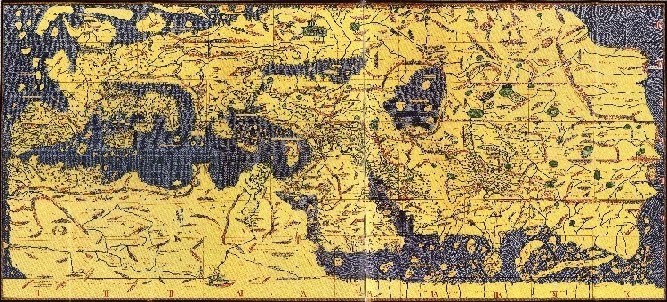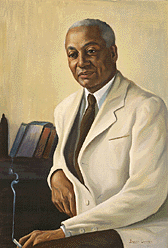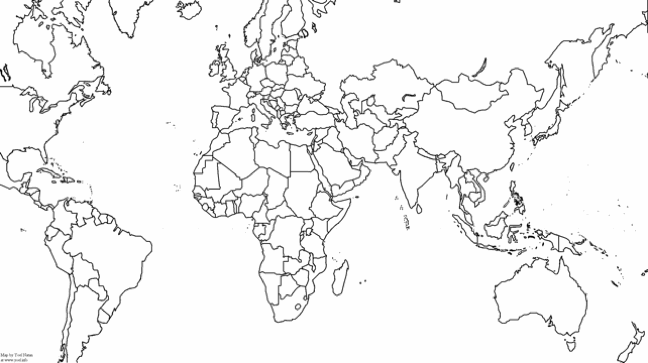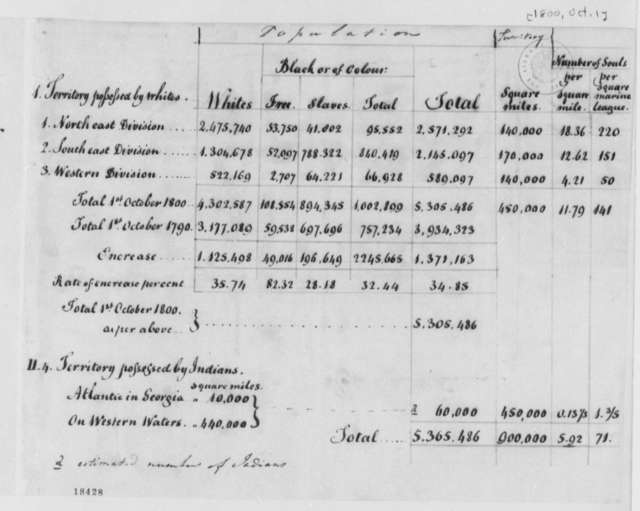-
Commentary – Who am I to Speak to You of Italy
This article is the promised commentary on: “Who am I to Speak to You of Italy“, which I wrote in April. In part a commentary recognises that our words never really leave us. They travel along with us and reveal new unimagined meanings and inspire new departures as they speak to us from memory. Much is communicated in Who am I to Speak … by allusion; and many unwritten and written words lie under those that were set down, and a commentary may enrich communication. However, it is not necessary to read the commentary and you may choose not to do so, as commentary (even by writer) may also confine…
-
Alain Locke on Identity and Human Rights
Of Alain Locke, Martin Luther King Jr. said: “We’re going to let our children know that the only philosophers that lived were not Plato and Aristotle, but W. E. B. Du Bois and Alain Locke came through the universe.” In this article we explore an idea in the work of Alain Locke – the idea that identity and oppression are related to each other. That the pathway to emancipation is through re-imagining our identity. Early on he explored these themes in the introduction he wrote to his 1925 anthology titled “The New Negro“. The tribute above, particularly from Martin Luther King, calls for greater attention to Alain Locke’s philosophy and…
-
Imagined foreignness
In our modern world, it is often the nation-state that acts as the locus from which conceptions of foreignness arise. It is to one (or more) of the 190-plus countries into which the globe has been carved up that we claim allegiance and tie our identities. Our passports, legal documents that represent our affiliation with a certain political establishment, act as reifications of our sense of belonging. We interpret the question “Where are you from?” as “Which country are you from?”, and we respond accordingly. And then, just as we use the country to which we belong as a means of identifying with people of the same nationality, we also…
-
When Foreignness is Accentuated
One of the challenging aspects of abolishing foreignness is the sheer scope of the concept of “foreignness.” Foreignness can be all-pervading. It can manifest itself in our thoughts and our laws, in our attitudes and our interactions, in our beliefs and our behaviours. Articles on Abolish Foreignness explore a range of approaches to abolishing foreignness, and the range of these discussions suggests the complexity of the topic at hand. I’d like to discuss here another social mechanism that can contribute, depending on how we employ it, either to the reinforcement of or the abolition of foreignness: language. The diversity of languages on our planet is a valuable part of our…
-
Identity Crisis
Some countries obsess about ‘who we are’. The obsession becomes more intense, the more people with different coloured skins, different accents, diffent cultures become part of day to day life. In an age of migration “we” can become very confusing. Who can “we” be, if quite obviously “us” includes “them”. This question is not just one of tribalism, although tribalism is at the roots of this anxiety. The world is constructed around the idea of “races”: every nation a state and every state a nation. Italians in Italy, Germans in Germany, Poles in Poland. The theory was simple: better simplistic – and it never worked well. At its worst it…















